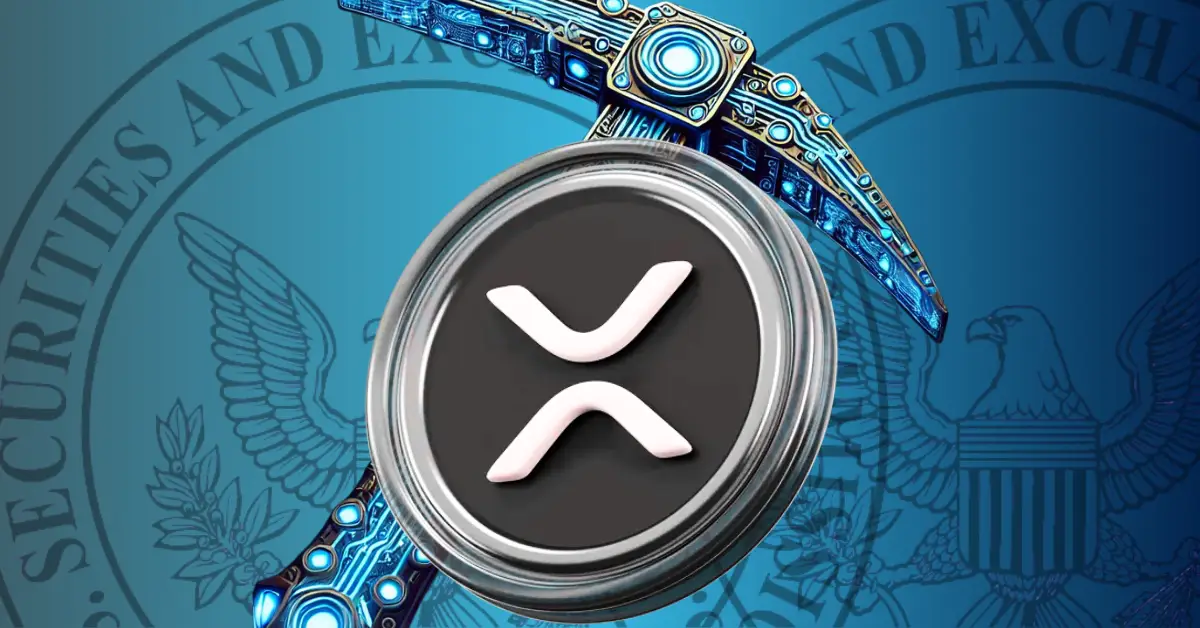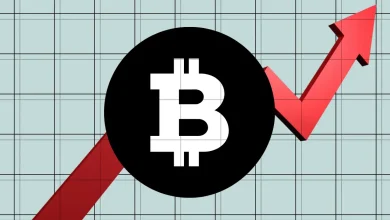
The SEC clarified that Proof-of-Work (PoW) cryptocurrency mining, like Bitcoin mining, does not fall under current securities regulations.
This ruling provides regulatory clarity for PoW mining operations, confirming they are not considered investment contracts under the Howey Test.
This decision, along with other recent regulatory moves, indicates a trend towards more defined cryptocurrency regulations in the U.S.
The U.S. Securities and Exchange Commission (SEC) has clarified that mining for Proof-of-Work (PoW) cryptocurrencies – such as Bitcoin (BTC), Litecoin (LTC), and Bitcoin Cash (BCH)—is not subject to existing securities laws.
This is a big win for miners and the broader crypto industry, as it removes uncertainty about whether mining operations could face regulatory crackdowns.
With regulators tightening their grip on crypto in recent years, many feared that PoW mining might get caught in the crossfire. But the SEC’s latest statement suggests otherwise.
SEC Confirms PoW Mining Isn’t a Security
On March 20, the SEC’s Division of Corporation Finance released a statement addressing “the mining of crypto assets that are intrinsically linked to the programmatic functioning of a public, permissionless network.” The agency confirmed that decentralized PoW networks should not be classified as securities.
This means individual miners and mining pool participants don’t need to register their transactions with the SEC under the Securities Act. The announcement is part of the SEC’s ongoing efforts to refine cryptocurrency regulations.
PoW Mining Doesn’t Meet the Howey Test
The SEC also ruled that PoW mining does not qualify as an investment contract under the Howey Test. This means that mining rewards are not considered securities. The decision follows the SEC’s recent stance that memecoins are not securities and comes after the agency wrapped up its five-year legal battle with Ripple.
Major Cryptos Classified as Commodities
Bitcoin (BTC) is the largest and most well-known PoW cryptocurrency, but others like Dogecoin (DOGE), Litecoin (LTC), and Monero (XMR) also use the same mining model. U.S. regulators, including the Commodity Futures Trading Commission (CFTC), classify Bitcoin as a commodity rather than a security. This same classification applies to Litecoin and Dogecoin.
These updates signal a shift toward clearer crypto regulations rather than an enforcement-heavy approach. However, the market reaction to the SEC’s statement was limited, as attention was focused on President Donald Trump’s speech at the Digital Asset Summit.
Under Trump’s leadership, digital asset markets, including PoW-based cryptocurrencies, are expected to grow.
Never Miss a Beat in the Crypto World!
Stay ahead with breaking news, expert analysis, and real-time updates on the latest trends in Bitcoin, altcoins, DeFi, NFTs, and more.
FAQs
No, the SEC confirmed that PoW mining, including Bitcoin, is not subject to securities laws, easing regulatory concerns for miners.
No, Bitcoin, Litecoin, and Dogecoin are classified as commodities by regulators like the CFTC, not as securities by the SEC.







